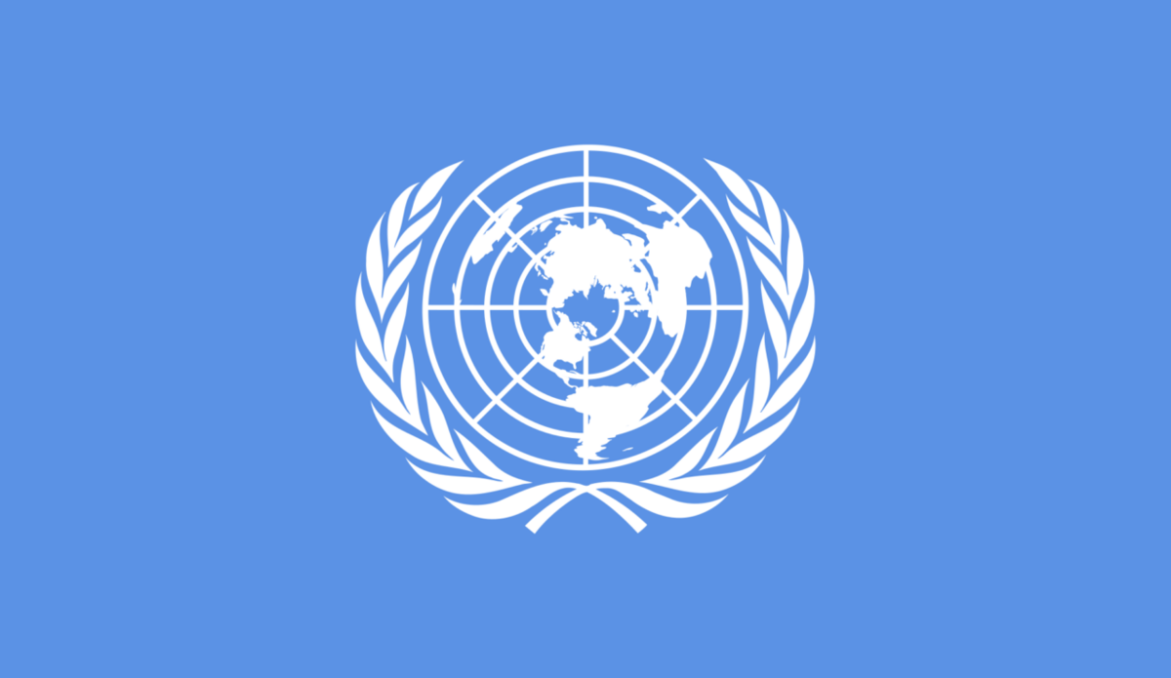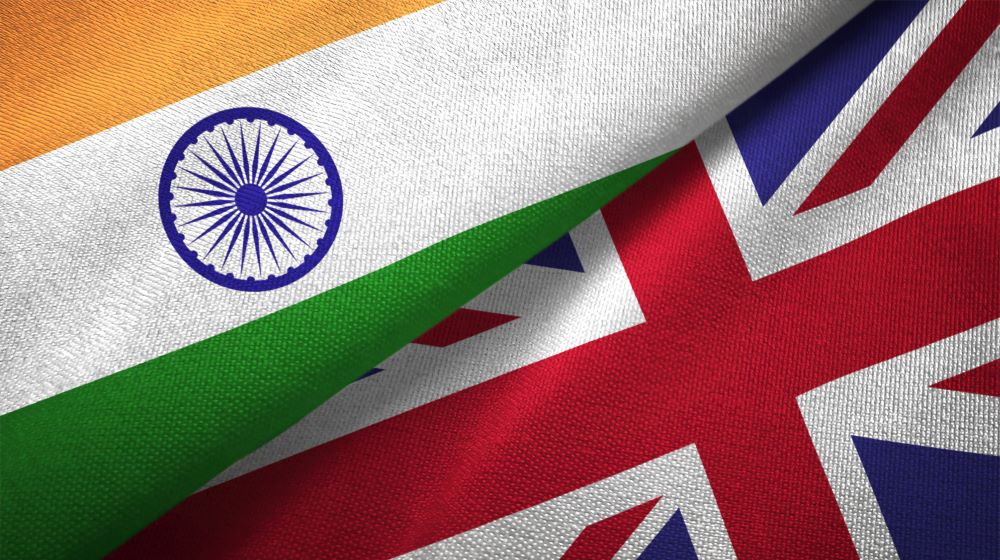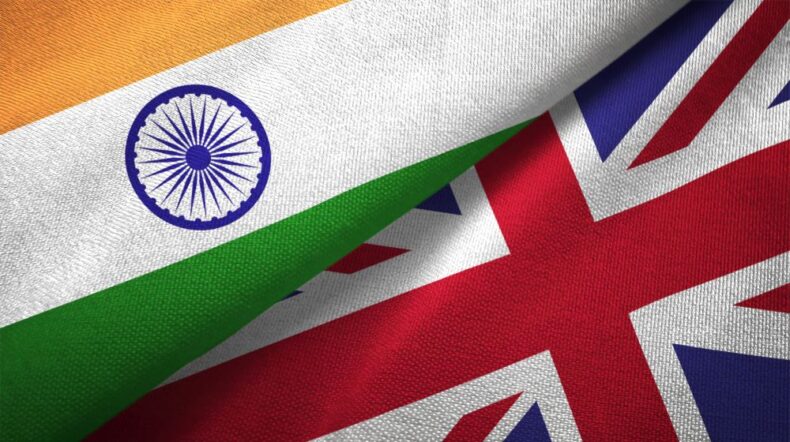History of the United Nations
The United Nations (UN) was founded in 1945 to promote peace, security, and cooperation among nations. It comprises 193 member states, each represented in the General Assembly.

The UN Security Council (UNSC), a principal organ, maintains international peace and security and consists of 15 permanent members, including the United States, Russia, China, the United Kingdom, and France. The P5 members have the power to veto resolutions, giving them considerable influence and responsibility within the UN Security Council.
Although discussions have been held about expanding the Security Council to include other countries, any modification requires a charter amendment, which requires approval from two-thirds of the UN General Assembly and the agreement of all five permanent members.
The United Kingdom’s Stance on India’s Entry into the UNSC
The United Kingdom has a historical influence and is a founding member of the UN. It has maintained a permanent seat, representing the UK and its overseas territories.

The United Kingdom’s Foreign Secretary James Cleverly called for a revitalised multilateral structure more reflective of the times in a speech at the Chatham House, think tank in London. He noted that the world’s economic centre of gravity is shifting away from the Euro-Atlantic and towards the Indo-Pacific, while multilateral institutions need to catch up.
“I have five transnational priorities. First, reform of the United Nations Security Council. We want to see permanent African representation and membership extended to India, Brazil, Germany and Japan,” said Mr Cleverly.
The Minister praised India’s leadership in the G20 presidency and its efforts to advocate for the representation of less privileged nations on the global platform. He accentuated the importance of giving voice to the most economically disadvantaged and vulnerable countries within the multilateral system. The Minister expressed support for granting the African Union permanent membership in the G20 and commended India’s role in advancing this objective.
What does it mean for India?
India has been at the forefront of the years-long efforts to reform the UN Security Council (UNSC), and saying it rightly deserved a place as a permanent member of the United Nations is appropriate. Over the years we have seen a tremendous improvement in India upscaling its position in the world. A further delay will be questionable and the United Kingdom’s recognition shall be seen as a testament of India’s progressive growth.













